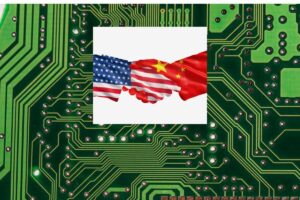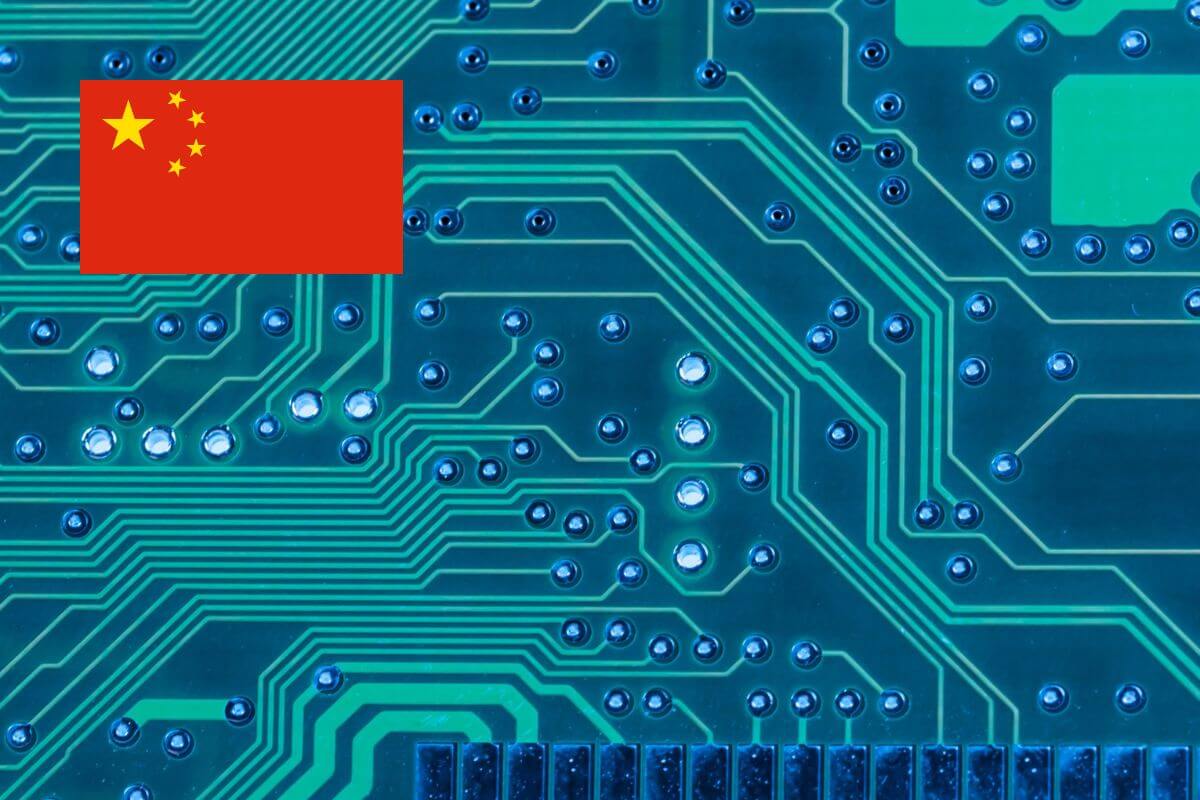The United States and the European Union have announced a renewed focus on cooperation in the semiconductor industry, particularly regarding chips produced by Chinese companies. This agreement, signed on April 5th, 2024, extends a three-year collaboration aimed at strengthening supply chains and addressing concerns about China’s growing market dominance.

The agreement focuses on “legacy chips,” a category often overlooked compared to cutting-edge processors. Though less powerful, these chips are essential for everyday electronics—from cars and washing machines to medical devices. China currently holds a significant share of the legacy chip manufacturing market, raising concerns about potential disruptions and reliance on a single source.
The US and EU are particularly worried about China’s aggressive investment in legacy chip production, fueled by government subsidies. This, they fear, could lead to market distortions and an overdependence on Chinese chips. The new agreement aims to address these concerns by:
- Joint Monitoring: The US and EU will work together to identify potential disruptions and vulnerabilities in the legacy chip supply chain. This includes sharing information and conducting joint assessments of chip production capacity.
- Coordinated Investment: Both parties acknowledge the need for increased domestic production of legacy chips. The agreement paves the way for collaboration on research and development initiatives, potentially including joint funding for advanced chip manufacturing facilities.
- Alternative Sourcing: The US and EU might explore diversifying their chip suppliers by collaborating with other like-minded countries or encouraging investment in alternative production facilities outside of China.
This agreement signifies a growing recognition of the strategic importance of the semiconductor industry. Both the US and EU see a strong domestic chip sector as crucial for national security and economic prosperity. By working together, they hope to counter China’s dominance and ensure a more resilient and secure global supply chain for essential chips.
However, challenges remain. Balancing cooperation with competition between US and EU chipmakers will be key. Additionally, the effectiveness of this agreement hinges on its ability to incentivize private sector investment and foster technological innovation to compete with China’s state-backed initiatives.
The coming years will determine whether this US-EU collaboration can successfully navigate these challenges and reshape the global chip landscape.





